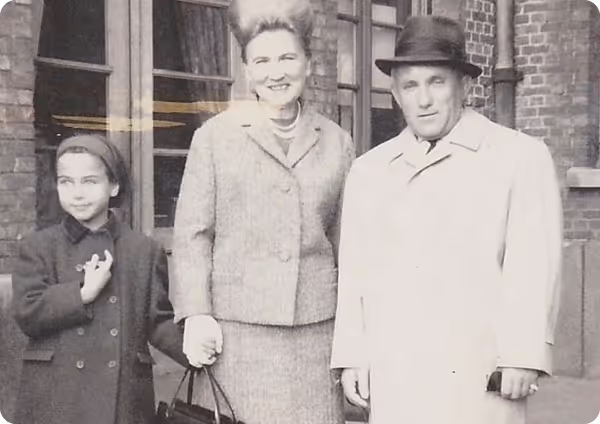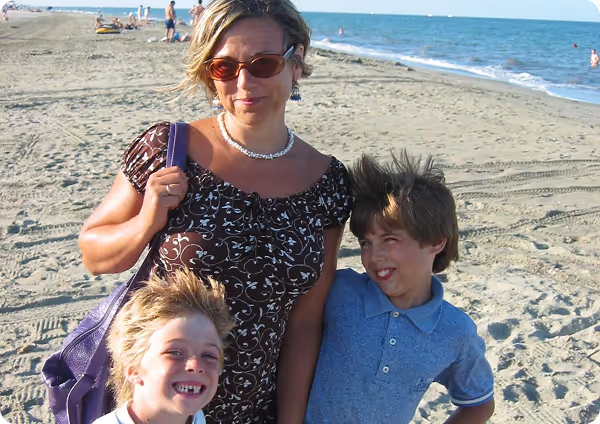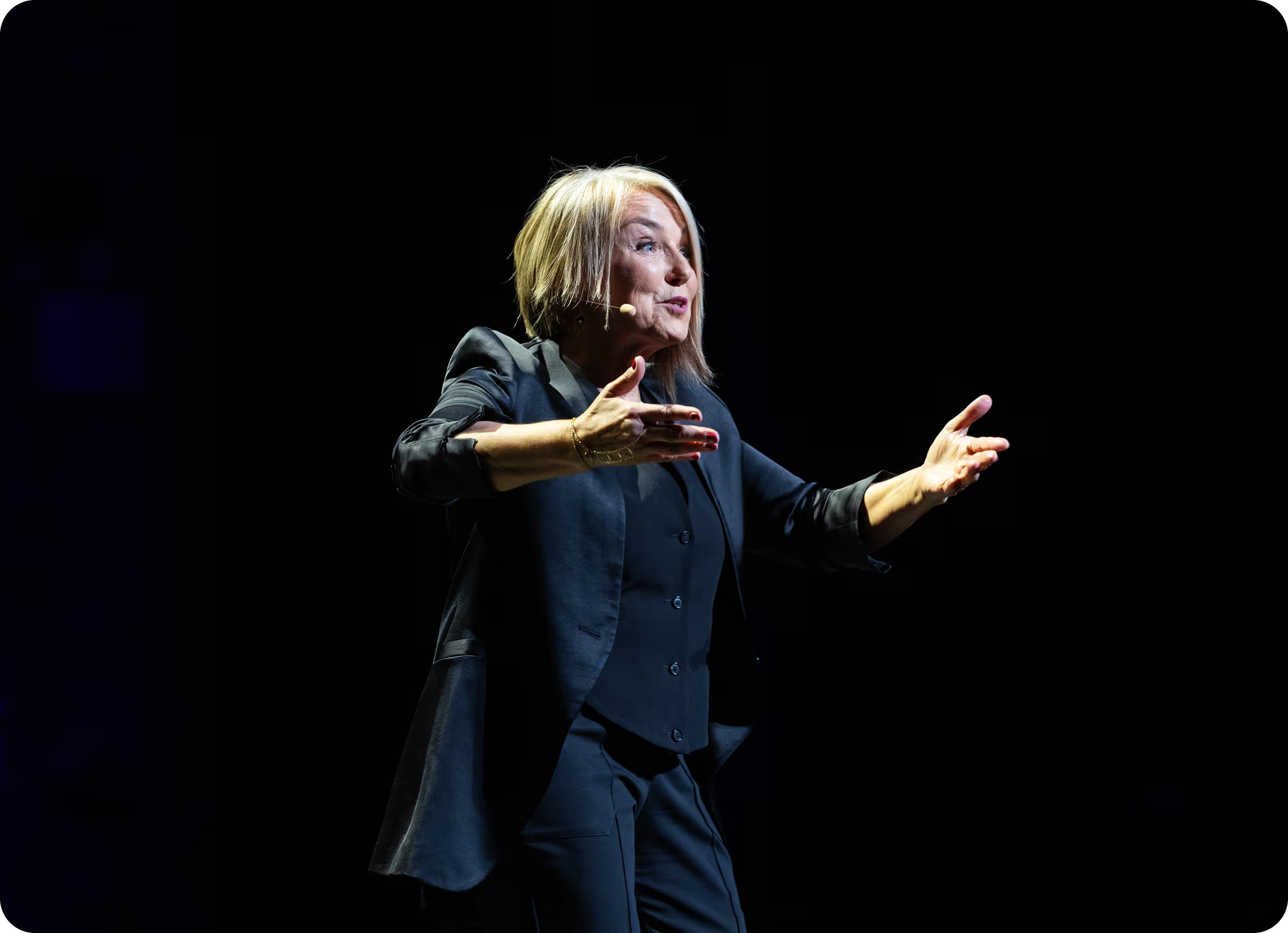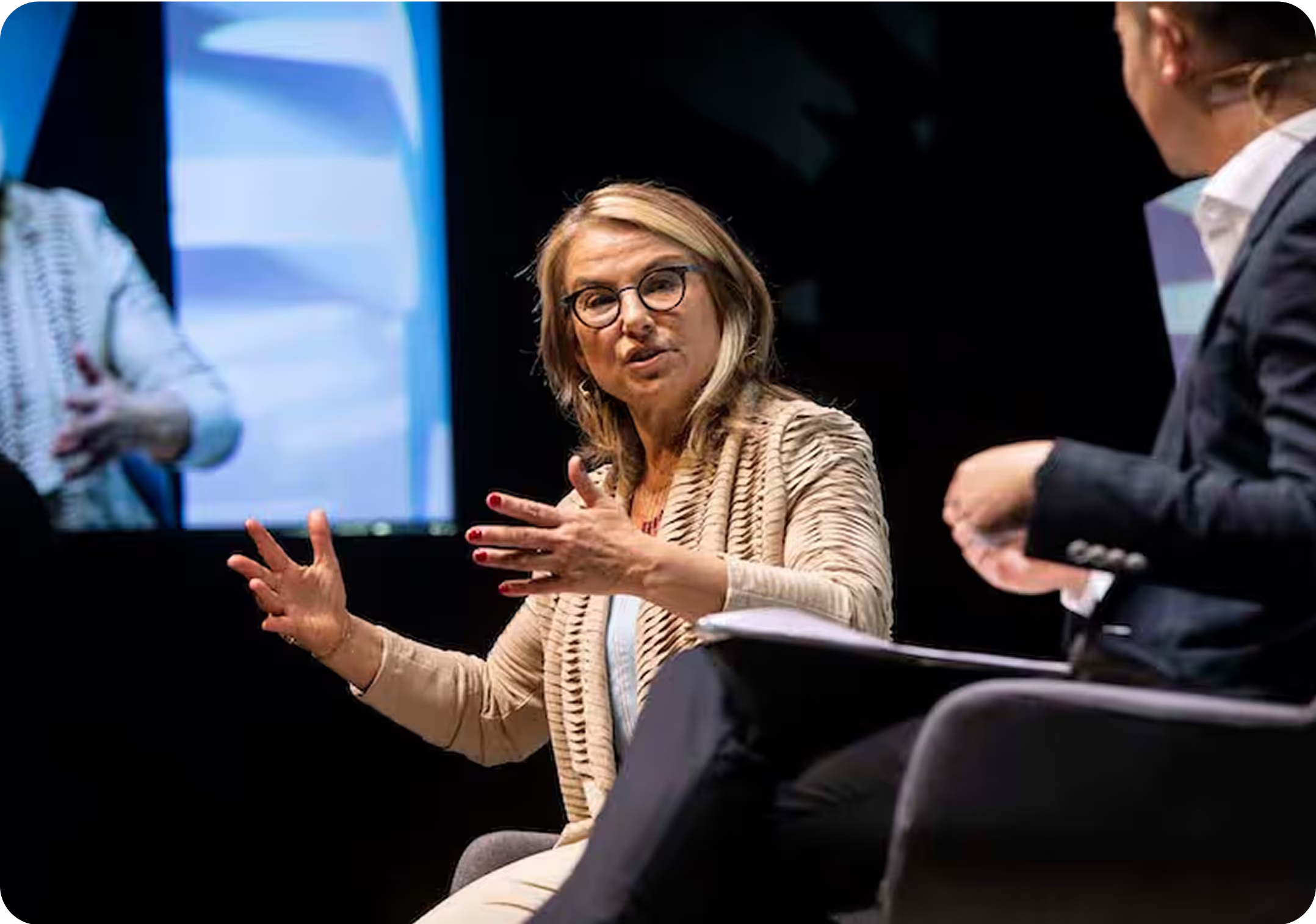Where the Story Begins
People often ask me how I became an "expert" on relationships and sexuality. The truth is, it was entirely unexpected.
My parents Sala Ferlegier and Icek Perel were survivors of the Nazi concentration camps and sole survivors of their respective families. My father had nine siblings, my mother, seven. For four years, my parents stood face to face with death. Trauma was woven into the fabric of my family history (and would inspire my work for years to come).
They came out of that experience wanting to charge at life with a vengeance and to make the most of each day. They both felt that they had been granted a unique gift: living life again. My parents didn’t just want to survive, they wanted to revive. They wanted to embrace vibrancy and vitality—in the mystical sense of the word, the erotic. I owe them much of my perspective on life, as well as my belief in the power of will, the search for meaning, and the resilience of the human spirit. To me, there is a world of difference between “not being dead” and “being alive.” I owe this understanding to my parents.

An Introduction
I grew up in Antwerp, the Flemish part of Belgium, studied in Jerusalem, and came to the States for graduate school. I planned to stay for one year but never used my return ticket. I fell in love with New York—and with the man who is still my husband today. I went on to study the nature of cultural and religious identity; how we negotiate tradition and modernity, individualism and collectivism. For the first 20 years of my career, I was particularly interested in couples and families who were in cultural transition. I drew directly from my own experience and that of my family.
I worked with refugees and internationals, exploring both voluntary and forced migration. As I traveled the world, I witnessed the falls of political regimes. I became curious how this played out directly in the kitchens and the bedrooms of the families that I worked with. But the bulk of my endeavors culminated in working with mixed couples. Intercultural, interracial, and interreligious families were also in a state of cultural negotiation, playing out in their own homes. My primary interest was in how cultural forces affect gender roles and child rearing practices.
A New Chapter in My Life
Over the next years, I had two sons and I was involved in my own cultural experiment; motherhood in New York City. When my oldest son turned eight, and my youngest five, my schedule and mind space began to clear and I felt ready to take on a new big project.
The inspiration came in the form of the Clinton-Lewinsky affair. I wrote an article called “In Search of Erotic Intelligence,” about couples and sexuality from the perspective of a foreign therapist observing American sexuality. The article went viral, and it led to an offer to write a book, which I gladly accepted.
I wanted Mating in Captivity: Unlocking Erotic Intelligence to be an honest, enlightened, and provocative conversation on relationships and sexuality that was beyond the common labels of smut or sanctimony. I wanted people to question themselves, to speak the unspoken, and to be unafraid to challenge sexual and emotional correctness. I encouraged my audience to grapple with the tensions, obstacles, and anxieties that arise when our quest for love and security conflicts with our pursuit of adventure and freedom. I wanted to take relationship advice out of the exclusive female market and make it dual-gender. I wanted to refrain from offering simplistic solutions, and instead create a community around the paradoxes of our intimate lives. Sexuality lives at the intersection of multiple disciplines.
The vastness of the subject of sexuality fascinated me. I discovered that the most traditional aspects of a culture and the most progressive and radical changes in a society take place around sexuality. History, sociology, religion, anthropology, art, psychology were all part and parcel of the erotic matrix.
I didn’t know if I could write a book. I had never done it before, and to be truly honest, until then, I had only done things that I was sure I could do. This was the first time that I took on a project without any certainty that I could deliver. All I knew was that I had poured my soul into it and done my best.
Twenty years later, with 30 translations and tens of thousands of letters in my inbox, it’s clear that I struck a chord. I am moved that I was able to elucidate a common dilemma with which so many of us struggle with; there is a paradoxical tension between the erotic and the domestic.
Why I Do What I Do
I enjoy explaining the mysteries of the human condition in simple words. I like to help people all over the world feel understood, confront their joys and pains, and be motivated to change. All this gives me energy when I wake up in the morning.
The modern ideology of love is compelling. Never before has the couple been such a central unit in our social organization. Never have we expected more from our intimate relationships, and never have we crumbled under the weight of so many expectations.
In my work as a therapist, I see despair, entrenched patterns, loneliness in the presence of another, contempt, violence, lack of any physical touch; so many couples come to me way beyond their due date. I continue to learn, daily, the art of couples therapy. I continually study neuroscience, attachment theory, neuro-linguistic programming, and psychodrama. The great thing about being a therapist is that I don’t have to worry about age-ism and boredom. It’s not like keeping up with technology: as long as my brain works, I can practice until I drop—and I certainly intend to.
Thank you for reading my story.

.avif)


.avif)


















.avif)










